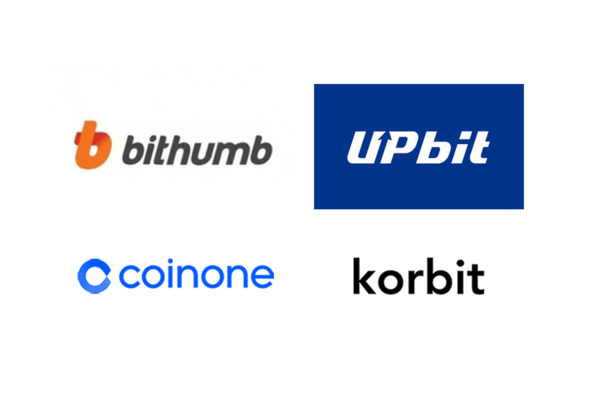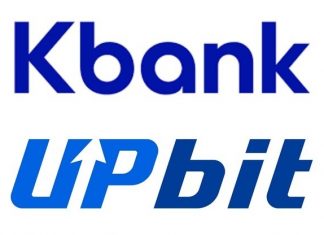
Domestic major cryptocurrency exchanges are entering the competition to secure users through strategies of lowering transaction fees. Starting with Bithumb in October last year, exchanges that introduced a free fee policy have switched back to charging fees at the beginning of this year. However, aiming for market share expansion through competition, they have once again entered into a competition to lower fees. Although such strategies have shown temporary effects, such as an increase in transaction volume, the characteristic of exchanges generating most of their revenue from fees has led to a trend of decreasing operating profits.
Bithumb threw a “free fee” gambit last year, feeling the need to expand market share in preparation for an initial public offering (IPO) targeted for the second half of 2025. Indeed, after the introduction of the free fee policy, Bithumb’s market share rose from below 10% to as high as 30%. This change brought a sense of crisis to other exchanges, leading to the introduction of free fee policies by Korbit, GOPAX, among others. However, even after switching back to paid policies at the beginning of the year, a competitive structure continues with still lower fee rates being highlighted.
Bithumb has been imposing a 0.04% fee on all cryptocurrency transactions since February when using a fee coupon, and Korbit is implementing a policy that allows users to choose between paying a 0.05% fee or receiving an incentive of 0.01~0.05% of the transaction amount. GOPAX has been not charging fees for major coins such as Bitcoin, Ethereum, Ripple, and USD Coin, while Upbit and Coinone are charging 0.05% and 0.2% fees, respectively.

As exchanges compete with lower fees, not only have operating profits fallen, but Bithumb also suffered from a decline in sales by 58% compared to the previous year and an operating loss of 14.9 billion won, turning into a deficit. The industry expresses concerns that this competition to lower fees is heading towards a “chicken game,” emphasizing that rather than short-term strategies, long-term strategies such as service improvement and listing valuable coins should be pursued to win the competition.






